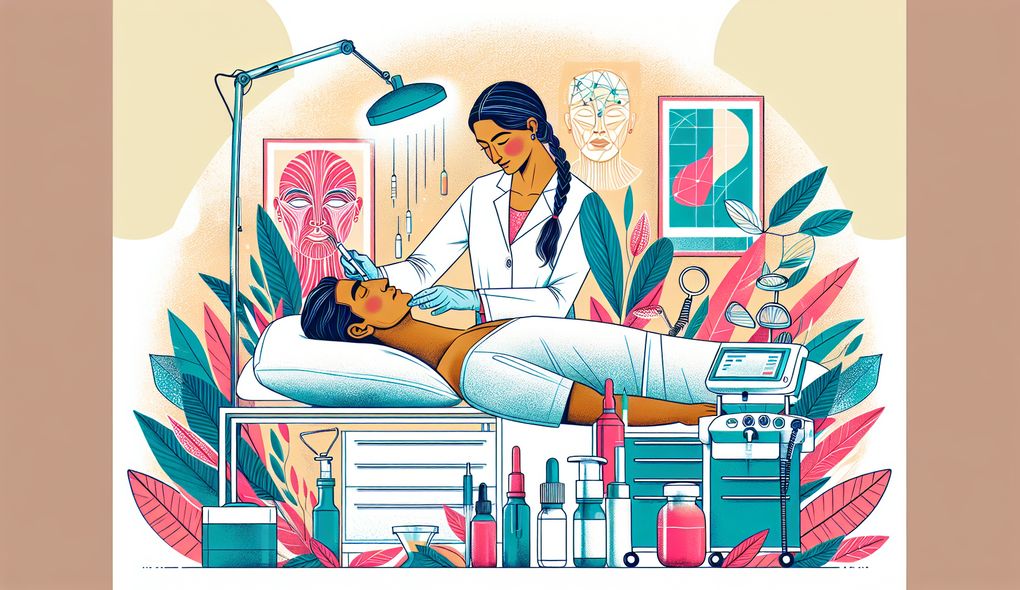How do you handle difficult or dissatisfied patients?
JUNIOR LEVEL

Sample answer to the question:
When dealing with difficult or dissatisfied patients, I believe in taking a patient-centered approach. I would start by actively listening to their concerns and validating their feelings. It's important to show empathy and let them know that their satisfaction is my top priority. I would then calmly address their concerns and explain any misunderstandings or miscommunications. Transparency is key, so I would ensure that they have a clear understanding of their treatment plan and realistic expectations. If necessary, I would involve other members of the healthcare team to offer a comprehensive solution. Overall, my goal would be to turn their dissatisfaction into satisfaction by providing exceptional care and addressing their concerns with professionalism and empathy.
Here is a more solid answer:
In my experience, handling difficult or dissatisfied patients requires a combination of strong interpersonal and communication skills. Firstly, I would listen attentively to their concerns, giving them the opportunity to express themselves fully. Next, I would validate their feelings and show empathy, reassuring them that I understand their frustrations. To address their dissatisfaction, I would explain the situation calmly, offering a clear and detailed explanation of the treatment plan or procedure. If necessary, I would involve other healthcare professionals to provide a comprehensive solution. For instance, if a patient is dissatisfied with the outcome of a procedure, I would collaborate with a colleague to assess the situation and explore alternative options. By actively involving the patient in the decision-making process and providing them with realistic expectations, I aim to turn their dissatisfaction into satisfaction.
Why is this a more solid answer?
The solid answer expands on the basic answer by providing more specific details and experiences. It mentions the importance of attentively listening, validating feelings, and involving other healthcare professionals. It also adds an example of collaborating with a colleague to address a patient's dissatisfaction with a procedure. However, it could still provide more examples or specific strategies for managing difficult or dissatisfied patients.
An example of a exceptional answer:
When faced with difficult or dissatisfied patients, I employ a comprehensive approach to address their concerns and provide a satisfactory resolution. Firstly, I actively listen to their grievances, giving them the space to express themselves and validate their feelings. By showing empathy and understanding, I aim to establish a trusting and supportive relationship. Next, I communicate openly and transparently, explaining the treatment plan or procedure in detail and setting realistic expectations. If a patient remains dissatisfied despite these efforts, I proactively involve other healthcare professionals to offer alternative solutions. For example, if a patient is unhappy with the outcome of a cosmetic procedure, I would collaborate with a team of dermatologists and aesthetic nurses to evaluate the situation and explore revision options. By taking a multidisciplinary approach, I ensure that the patient's concerns are addressed holistically. Additionally, I prioritize continuous professional development to stay abreast of the latest trends and technologies in aesthetic medicine, enabling me to provide the best possible care to my patients. Ultimately, my goal is to turn difficult or dissatisfied patients into satisfied and loyal advocates by delivering exceptional patient-centered care.
Why is this an exceptional answer?
The exceptional answer goes beyond the solid answer by providing even more specific details and strategies. It emphasizes the importance of establishing trust and support through active listening and empathy. It also adds the concept of continuous professional development to stay updated in the field. Furthermore, it introduces the idea of involving a multidisciplinary team for alternative solutions. Overall, the exceptional answer demonstrates a comprehensive and proactive approach to handling difficult or dissatisfied patients.
How to prepare for this question:
- Familiarize yourself with common patient concerns and complaints in aesthetic medicine.
- Develop strong active listening and communication skills.
- Practice empathy and validation techniques to build rapport with patients.
- Stay updated with the latest trends, techniques, and technologies in aesthetic medicine.
- Seek opportunities to engage in multidisciplinary collaborations and case discussions.
- Reflect on past experiences where you successfully resolved a patient's dissatisfaction and highlight those examples during the interview.
What are interviewers evaluating with this question?
- Interpersonal skills
- Communication skills
- Patient satisfaction
- Problem-solving

